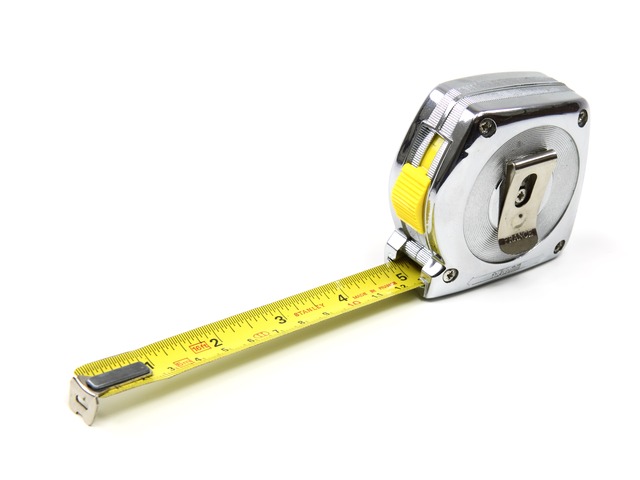As marketers and content creators, we either find ourselves bound by content length restrictions (like on Twitter), or with faced with the task of creating content with no limit at all (like a blog post). How long should everything really be? Wouldn’t it be great if there was some kind of guide, backed by research, with everything laid out for us?
Well it so happens that Kevan Lee of Buffer did just that with a post he recently wrote, titled The Ideal Length Of Everything Online. In this post I will recap some of the information he discovered about content length.
Twitter’s best practices reference research by Buddy Media about tweet length: 100 characters is the engagement sweet spot for a tweet.
Creativity loves constraints and simplicity is at our core. Tweets are limited to 140 characters so they can be consumed easily anywhere, even via mobile text messages. There’s no magical length for a Tweet, but a recent report by Buddy Media revealed that Tweets shorter than 100 characters get a 17% higher engagement rate.
The ideal length of a Facebook post is less than 40 characters. This is the number that Jeff Bullas found was most effective in his study of retail brands on Facebook.
In his study, Jeff Bullas measured engagement of posts, defined by “like” rate and comment rate, and the ultra-short 40-character posts received 86 percent higher engagement than others.
Google+
The ideal length of a Google+ headline is less than 60 characters. Demian Farnworth of Copyblogger suggests going for a minimalist approach on Google+ by relegating your text to just one line.
 Image Credit: Pixabay.com
Image Credit: Pixabay.comBlog Posts
The ideal length of a headline is 6 words, according to a post by KISSmetrics which also states we tend to absorb only the first three words and the last three words of a headline.
The ideal length of a blog post is 7 minutes, 1,600 words, according to Medium. Medium measures the content that performs best on their site by focusing not on clicks but on attention.
SEO
The ideal length of a title tag is 55 characters, according to Moz. Google’s results pages set the maximum length for titles at around 60 characters. If your title exceeds 60 characters, it will get cut off with an ellipse. Moz found keeping your title tags to around 55 characters will ensure that Google displays the full title.
The ideal length of a domain name is 8 characters, according to Daily Blog Tips. They arrived at this number by running an Alexa report that looked at the domains for the top 250 websites. They found over 70 percent of the sites had domain names of 8 characters or less, and the average number of characters per domain was just over 7.
Conclusion
For more details about any of the above stats, please see Buffer’s full post on this subject. Based on research, those are the ideal lengths for everything online, but of course results may vary. For example, you may find longer headlines work better on your blog versus the recommended 6 word headlines. You may find Facebook posts longer or shorter than 40 characters work best for you.
These are not strict rules to abide by, just general guidelines to use as a starting point. What do you find works best for you? I’d like to hear how your findings compare to these numbers, so please leave a comment and let me know.





![AI Overviews: We Reverse-Engineered Them So You Don't Have To [+ What You Need To Do Next]](https://www.searchenginejournal.com/wp-content/uploads/2025/04/sidebar1x-455.png)